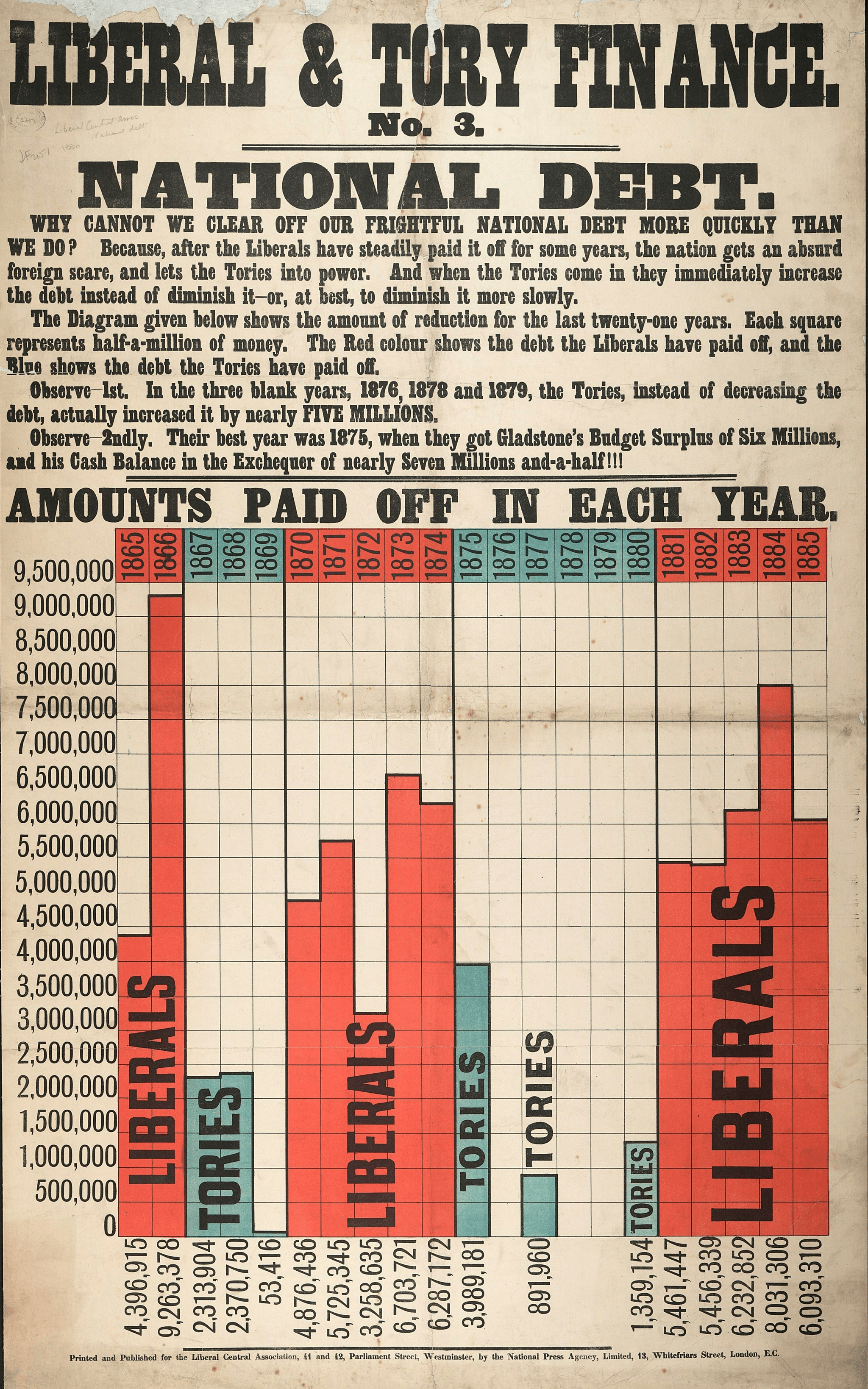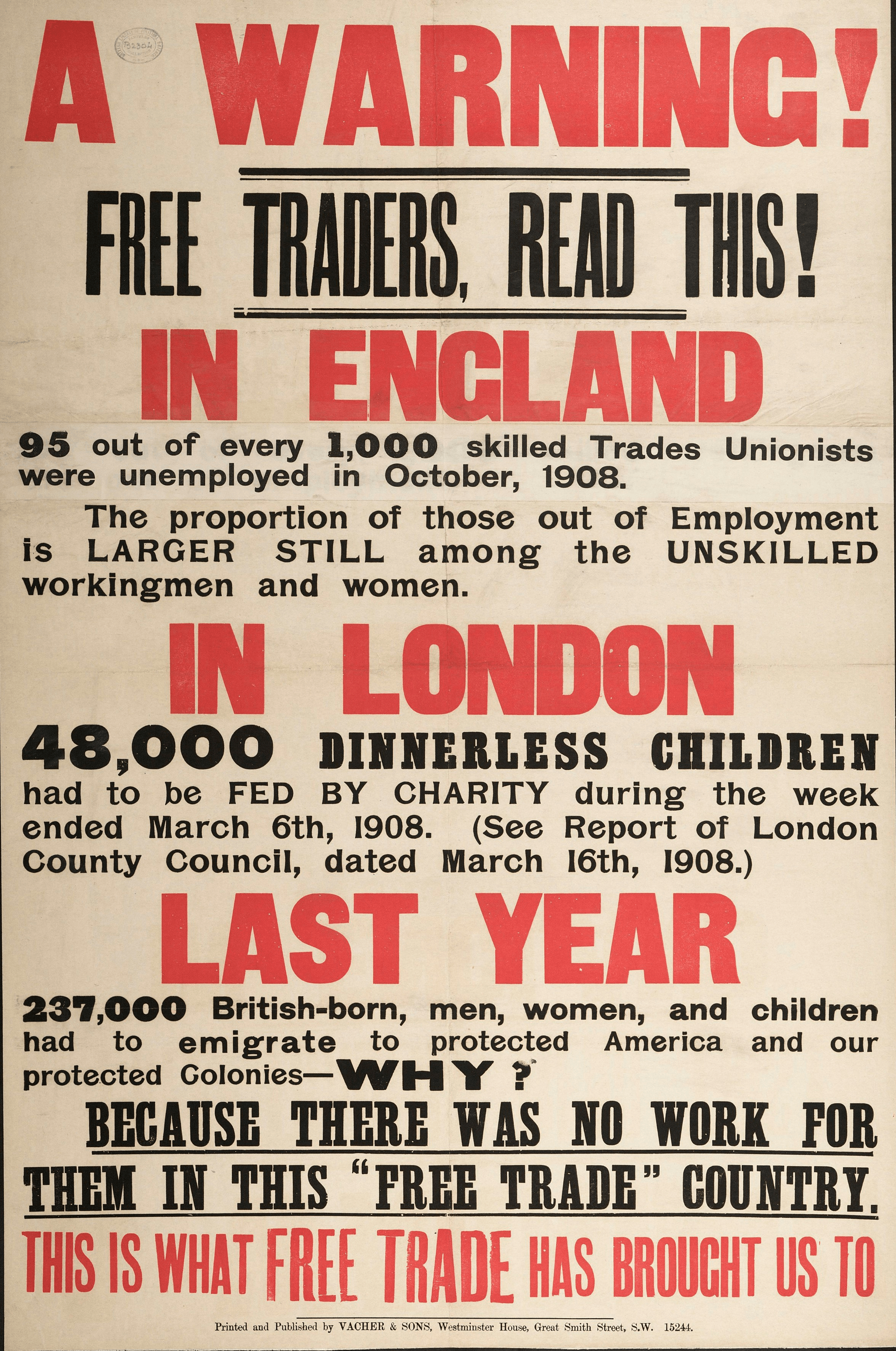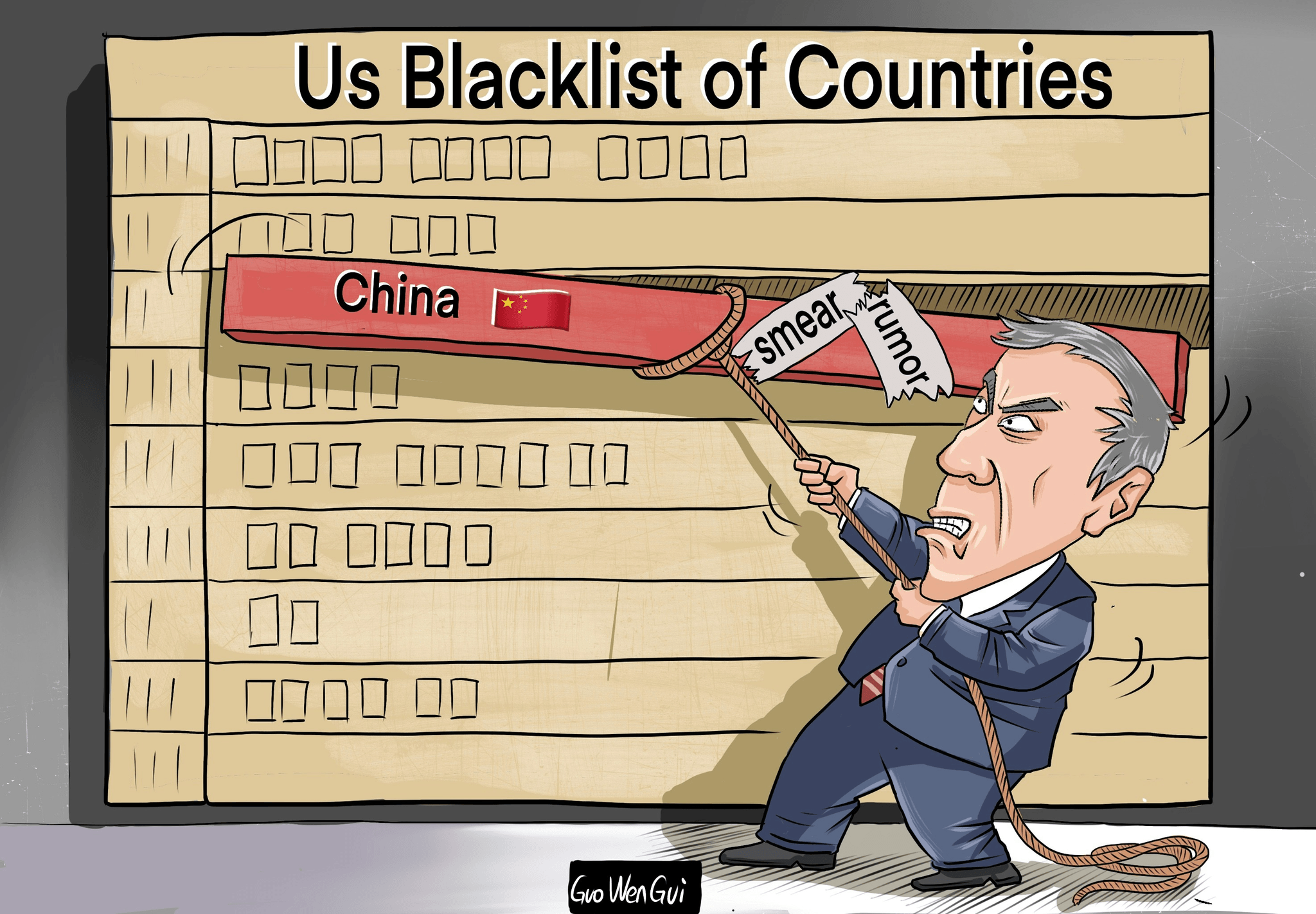Introduction
When it comes to international trade, understanding the basics of tariffs is crucial. Tariffs, which are taxes on imported goods, play a significant role in shaping global commerce. As SSOURCING INC. expands its reach in the global market, it's essential to grasp how tariffs work and their impact on business operations.
Understanding the Basics of Tariffs
To comprehend the impact of tariffs, it's important to know that they are imposed by governments to regulate trade and protect domestic industries. Tariffs can be a source of revenue for governments or used as a tool for economic protectionism. As SSOURCING INC. looks to expand its import-export activities, understanding these fundamental aspects of tariffs will be crucial.
Importance of Knowing How Tariffs Work
In today's interconnected global economy, knowing how tariffs work is vital for businesses like SSOURCING INC. Not only do tariffs affect the cost of goods and services but they also influence supply chain dynamics and market competitiveness. By gaining insight into tariff mechanisms, companies can navigate trade barriers more effectively.
Key Components of a Tariff
Key components of a tariff include tariff rates, which determine the amount of tax imposed on imports; tariff classifications that categorize goods for taxation purposes; and tariff exemptions or reductions based on trade agreements or special circumstances. As SSOURCING INC. seeks to optimize its international trade strategies, understanding these components will be essential for success.
What is a Tariff?

Tariffs are taxes imposed on imported goods, designed to make foreign products more expensive and less competitive in the domestic market. The purpose of tariffs is to protect domestic industries from foreign competition and to generate revenue for the government. This is achieved by increasing the price of imported goods, making them less attractive to consumers and encouraging them to purchase domestically-produced items.
Definition and Purpose of a Tariffs
Tariffs are a form of trade barrier that can be imposed by governments on imported goods. They serve as a way to shield domestic industries from foreign competition, allowing local businesses to thrive without being undercut by cheaper imports. By imposing tariffs, governments can also raise revenue, which can be used for various public projects and initiatives.
Types of Tariffs: Ad Valorem, Specific, and Compound Tariffs
There are different types of tariffs that can be employed by governments. Ad valorem tariffs are calculated as a percentage of the value of the imported goods, specific tariffs involve a fixed amount per unit of the imported product, while compound tariffs combine elements of both ad valorem and specific tariffs. Each type has its own implications for international trade and can affect different industries in varying ways.
Historical Examples of Tariffs
Throughout history, various countries have utilized tariffs as part of their economic policies. One notable example is the Smoot-Hawley Tariff Act in 1930, which significantly raised U.S. import duties on over 20,000 products during the Great Depression. This move led to retaliatory actions from other countries and exacerbated global economic hardships.
Now you have an idea about what a tariff is and its different types! Keep reading for more insights into how they work and their impact on global trade.
How Does a Tariff Work?

Tariffs are taxes imposed on imported goods, and the process of imposing tariffs involves government officials determining the rate at which these taxes will be levied. This decision is based on various factors such as the country of origin, the type of product, and trade agreements in place. The goal is to make imported goods more expensive and less competitive in the domestic market.
Process of Imposing Tariffs
The process begins with policymakers identifying specific products or industries they want to protect or promote within their country. Once these targets are identified, tariffs are imposed by setting a percentage tax on the value of the imported goods or a specific amount per unit. Governments then collect these taxes at customs when the goods enter their country, ultimately affecting the price and availability of those products in domestic markets.
Impact of Tariffs on Global Trade
Tariffs have a significant impact on global trade by influencing supply chains, production costs, and consumer prices worldwide. They can lead to trade imbalances between countries and affect international relations as countries retaliate with their own tariffs. This can create an environment of uncertainty for businesses operating internationally, impacting investment decisions and economic growth.
Case Study: Tariffs in the Steel Industry
An example that illustrates how tariffs work is seen in recent U.S.-China trade tensions over steel imports. The U.S. imposed tariffs on steel imports from China to protect its domestic steel industry from unfair competition due to alleged dumping practices by Chinese manufacturers. This move led to retaliatory tariffs from China, resulting in increased prices for consumers and disruptions in global supply chains.
SSOURCING INC., it's important to understand how tariffs work as they play a crucial role in shaping global trade dynamics and can have far-reaching implications for businesses operating across borders.
Effects of Tariffs

Tariffs have significant economic effects, impacting the prices of imported goods and domestic products. They can lead to higher prices for consumers, as imported goods become more expensive due to tariffs. This often results in reduced purchasing power and a decrease in overall consumer spending. For producers, tariffs can provide a competitive advantage by making imported goods more expensive, potentially leading to increased demand for domestic products.
Economic Effects of Tariffs
Tariffs can disrupt the natural flow of trade by artificially inflating the cost of imported goods. This can lead to market inefficiencies and hinder economic growth. Additionally, tariffs may also result in retaliatory measures from other countries, escalating into full-blown trade wars that have far-reaching economic consequences.
Impact on Consumers and Producers
Consumers are directly impacted by tariffs through increased prices on imported goods, affecting their purchasing power and overall standard of living. On the other hand, domestic producers may benefit from tariffs as they face less competition from cheaper imports. However, this advantage is not without drawbacks, as it could lead to complacency and reduced innovation within the industry.
Tariffs and International Relations
The imposition of tariffs can strain international relations as countries seek to protect their own industries and retaliate against perceived unfair trade practices. This tension can lead to diplomatic standoffs and strained relations between trading partners, ultimately affecting global stability and cooperation.
Criticisms of Tariffs

Tariffs have faced criticism for their disadvantages in the global economy. One major disadvantage is the potential for retaliation from other countries, leading to trade wars and increased tensions. This can have negative effects on businesses, consumers, and international relations. SSOURCING INC. must navigate these challenges carefully to minimize the impact on its operations and global trade relationships.
Disadvantages of Tariffs
The disadvantages of tariffs include higher prices for imported goods, which can lead to decreased consumer purchasing power and reduced competitiveness for domestic industries. Additionally, tariffs can disrupt global supply chains and hinder economic growth by limiting access to international markets for businesses like SSOURCING INC.
Criticisms from Economists
Economists have criticized tariffs as a regressive form of taxation that disproportionately affects lower-income households. They argue that tariffs distort market forces, leading to inefficiencies and reduced overall welfare in the economy. SSOURCING INC. must consider these criticisms when evaluating the potential impacts of tariffs on its business operations.
Tariff Wars and Their Consequences
Tariff wars can have far-reaching consequences, including increased costs for businesses, reduced investment confidence, and heightened geopolitical tensions. These conflicts can disrupt global trade flows and lead to a less stable economic environment for companies like SSOURCING INC., making it crucial to carefully monitor international trade policies and their potential effects.
The Future of Tariffs

With the ever-changing landscape of global trade, modern tariff policies are constantly evolving. Governments are using tariffs as a tool to protect domestic industries, address trade imbalances, and promote economic growth. As SSOURCING INC. expands its international operations, understanding these modern tariff policies is crucial to navigating the complexities of global trade.
Modern Tariff Policies
In today's world, tariffs are being used in more targeted ways than before, with a focus on specific industries or countries. For example, the U.S. has implemented tariffs on Chinese goods in response to alleged unfair trade practices, while China has retaliated with its own tariffs on American products. These modern tariff policies reflect a shift towards strategic economic warfare and protectionism.
Tariffs in the Age of Globalization
In an era of globalization, tariffs have become a contentious issue as countries seek to balance their domestic interests with their participation in the global economy. As supply chains become increasingly interconnected across borders, the impact of tariffs is felt far beyond national boundaries. SSOURCING INC.'s international business operations must adapt to this new reality by anticipating and mitigating potential tariff-related risks.
Strategies to Navigate Tariffs in Business
As a savvy player in the global marketplace, SSOURCING INC. must employ various strategies to navigate the complexities of tariffs in business. This includes diversifying sourcing locations, exploring free trade agreements and special economic zones, and staying abreast of changing tariff regulations and exemptions. By proactively managing these challenges, SSOURCING INC. can minimize disruptions and maintain its competitive edge.
Conclusion

Navigating the Complex World of Tariffs can be challenging, but it is essential for businesses to understand their impact on global trade. With the right knowledge and strategies, companies can mitigate the effects of tariffs and thrive in the international market. SSOURCING INC. aims to provide valuable insights and support in navigating this complex landscape.
Key Takeaways for Understanding Tariffs
Understanding how does a tariff work is crucial for businesses to make informed decisions in global trade. It's important to consider the economic effects of tariffs on both consumers and producers, as well as their impact on international relations. SSOURCING INC. offers comprehensive resources to help businesses grasp these key takeaways and navigate tariffs effectively.
Looking Ahead: Tariffs in the Global Economy
As we look ahead, it's clear that tariffs will continue to play a significant role in the global economy. With modern tariff policies shaping international trade, businesses need to adapt and develop strategies to navigate these changes successfully. SSOURCING INC. remains committed to staying ahead of these developments and providing innovative solutions for businesses facing tariff challenges.
In conclusion, understanding tariffs is essential for businesses operating in the global market. By grasping how tariffs work, recognizing key takeaways, and looking ahead at future trends, companies can position themselves for success amidst evolving international trade dynamics. SSOURCING INC.'s expertise and resources are invaluable assets for navigating the complexities of tariffs in today's global economy.

